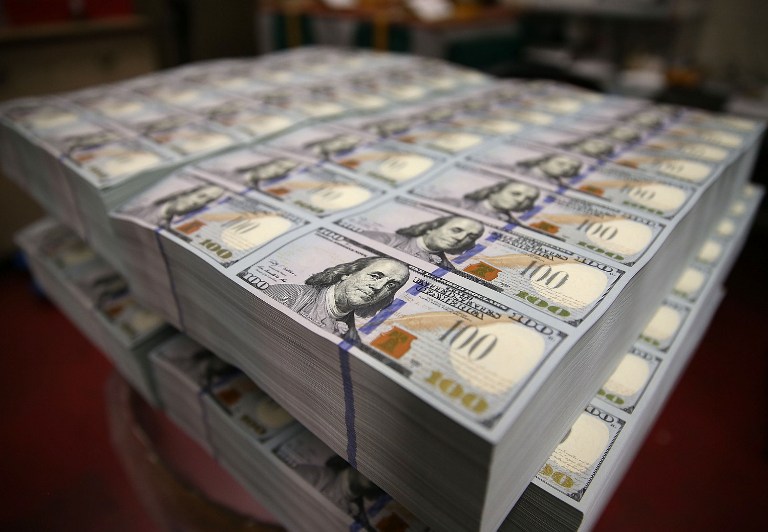Forex
Dollar Rises on U.S. Rate Speculation

Naira
Dollar to Naira Black Market Today, April 22nd, 2024
As of April 22nd, 2024, the exchange rate for the US dollar to the Nigerian Naira stands at 1 USD to 1,290 NGN in the black market, also referred to as the parallel market or Aboki fx.
Naira
Dollar to Naira Black Market Today, April 19th, 2024
As of April 19th, 2024, the exchange rate for the US dollar to the Nigerian Naira stands at 1 USD to 1,100 NGN in the black market, also referred to as the parallel market or Aboki fx.
Naira
Naira’s Recent Gain Reflects Policy Direction, Says CBN Chief Olayemi Cardoso
-



 Forex2 weeks ago
Forex2 weeks agoZiG to the Rescue: Zimbabwe Shifts Gear with New Currency Backed by Gold
-





 Naira2 weeks ago
Naira2 weeks agoDollar to Naira Black Market Today, April 9th, 2024
-

 Billionaire Watch2 weeks ago
Billionaire Watch2 weeks agoNigerian Billionaire Tony Elumelu Contemplates Acquiring NPFL Club
-





 Naira2 weeks ago
Naira2 weeks agoDollar to Naira Black Market Today, April 8th, 2024
-





 Naira2 weeks ago
Naira2 weeks agoNaira Hits Eight-Month High at 1,120/$ Amidst Central Bank Reforms
-





 Naira4 weeks ago
Naira4 weeks agoDollar to Naira Black Market Today, March 26th, 2024
-



 Naira6 days ago
Naira6 days agoDollar to Naira Black Market Today, April 17th, 2024
-

 Banking Sector4 weeks ago
Banking Sector4 weeks agoSafaricom, Access Holdings Forge Partnership to Revolutionize Remittance Corridor in Africa



















